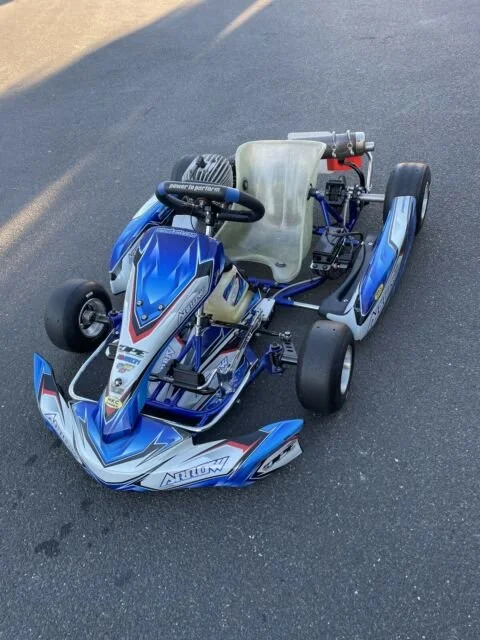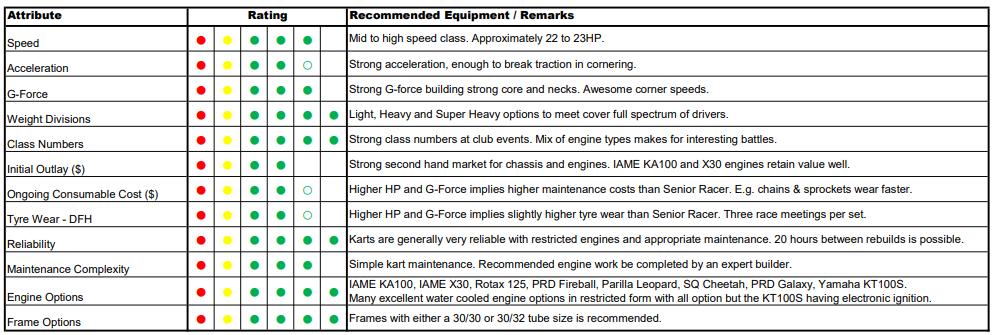New Starter AdviCe
Karting is incredibly fun but it is also a technical sport requiring some mechanical fitting skills and a basic understanding of physics. For most karters, this knowledge is often learned over the initial 12 months of racing in a trial and error process, while others will research every resource available or buddy up with someone experienced.
The journey and progress to better race results is a big part of the fun! We would argue, there is no better feeling in our sport than returning home from a race meeting knowing you have maximized your knowledge, physical ability, reflexes, concentration and skills as a driver to achieve a podium position.
The passion for results can sometimes leave karters feeling frustrated when they have slower than expected progress. Or worse, karters are hampered by their equipment and suffer budget blowout as they try push a worn out machine incapable of delivering what they desire. RKC prides itself on being inclusive for all karters and offers the following advice to new starters to try and get you underway as successfully as possible:
Buying your kart is your biggest outlay, so getting it wrong will very quickly evaporate your race budget to replace major components at end of life or if non-compliant with the competition rules. Don’t rush in on the first one you see! Read the Rules and Guidelines to know what you need and check the kart you are considering buying is compliant.
Attend a race meeting before buying anything and talk to the committee and/or the competitors to see what class best suits you. One of our friendly people will happily answer any questions you have. We can also cast an experienced eye over whatever kart package you are considering.
Review the data on this page to work out what racing class best suits your needs. For example; If you are going to be mostly pitting yourself on race days, a kart with onboard electric ignition is going to be best to help you start your engine.
Try and buy your kart as a package deal in either a new or used form. A turn key package will provide greater assurance that all components on the kart will align and work together correctly.
Research the market values for things, create a race budget and be prepared to walk away from a sale. Patience will often reward you with a much better package. If the seller cannot tell you or better yet show you the total engine hours since the last rebuild, don’t buy it. There is nothing worse than buying an engine that needs an overhaul straight away or blows up while in use because of a dishonest seller.
Learn proper maintenance techniques and don’t cut corners. There are several great resources around to learn how to be successful in karting such as manufacturer’s websites or the videos available on Youtube put together by reputable sources like David Sera, K-racer and Power Republic. We also suggest finding a reputable kart retailer or engine builder to work with like GJ Karts.
Try different kart setups as much as you can. Learning what works and what doesn’t in different conditions greatly helps with your long term success. Don’t be frightened to suffer a few heat losses for potentially more future wins when you learn the demon tweaks. This means keeping a positive outlook on your race results regardless of finishing position.
Don’t get frustrated, get help. Karting at RKC is very social and you’ll find our members very willing to provide assistance or advice if you ask nicely.
Race Classes
Here is a comparison of all classes offered by the RKC. If you can’t find your kart engine in our list, please contact us.
Note; RKC uses control tyres supplied by Dunlop which are limited to three sets per annum for those competing in the club championship. This ensures skill and consistency determine the years best driver, not budget. Class tyres and pricing can be found on the Tyre Order page.














